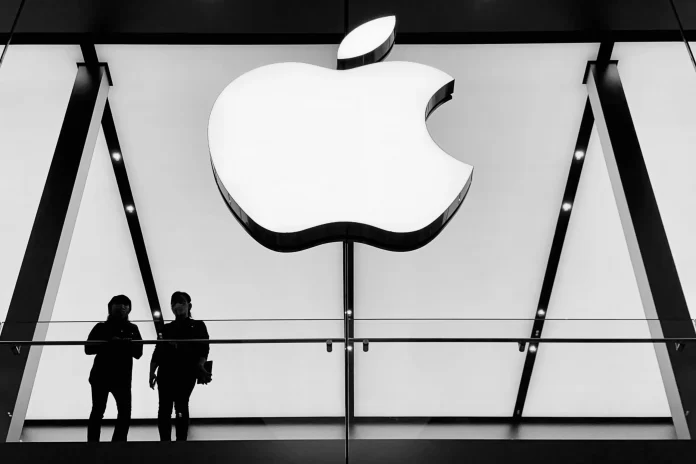Many people have heard about the sensational case of Apple and Epic Games. In September 2021, a federal judge declared that Apple wasn’t a monopolist, ruling in Epic Games v. Apple in California.
However, neither side could be called the winner. Although Apple wasn’t recognized as a monopolist in the mobile games market but was obliged to allow developers to use third-party systems for payment in the apps.
This decision can strongly affect Apple’s revenue and can completely change the market of mobile apps and destroy the business model of AppStore.
Epic Games won permission to add links to third-party sites and services as alternative payment methods for in-app purchases. On the day of the court ruling, the founder of Epic Games tweeted: “Today’s ruling isn’t a win for developers or for consumers. Epic is fighting for fair competition among in-app payment methods and app stores for a billion consumers.”
From these words, we can understand that Epic Games isn’t going to stop and their conflict with Apple isn’t over yet
What caused the conflict between Apple and Epic Games
The reason for the conflict is that the App Store has very strict rules for developers. Companies such as Epic Game are obliged to use the Apple payment system in their iOS-based apps. The main problem is the huge commission, which ranges from 15% to 30%.
Epic Game was clearly not satisfied with such a big commission and in 2020 they bypassed Apple by letting the players buy in-game currency directly from Epic Game at a 20% discount. This action violated Apple’s rules, which prohibit adding alternative methods of payment in the app. And after a while, the game was removed from the App Store.
After Epic Games was removed from the App Store, they filed a pre-prepared lawsuit against Apple. The developer claimed that the company has an unfair advantage because it defines the rules for the only store from which apps can be installed on the iPhone.
What the court ruled in the Apple and epic games case in September 2021
The court concluded that Epic Games will have to pay more than $ 3.5 million (30% of the revenue received through the additional payment system since its launch). However, now the developers of the iOS app will have to offer alternative payment methods other than Apple.
A lot of attention in the court proceedings took up the issue of competition in the market for mobile games, which bring AppStore about 70% of total revenue.
The judge concluded that iOS and Android are almost a duopoly, but Nintendo Switch and cloud-based gaming services could become competitors in the very near future. However, the judge noted that Apple isn’t a 100% monopolist, and in conclusion rejected most of the antitrust claims of the developer of Fortnite.
How the judge’s decision will affect the mobile app market
Apple appealed the decision, and the court stayed one of the most important parts of Epic v. Apple.
But after the litigation, Apple has already made several changes to the App Store rules:
- As a result of the agreement with the Japanese regulator, the tech giant changed its policy on apps that provide access to purchased content, such as Netflix, Spotify, Audible, and Dropbox. They will now be able to monetize apps outside of Apple’s ecosystem and manage accounts on external sites.
- In South Korea, a new law forced Apple and Google to allow developers to use third-party payment systems.
For regular consumers, if additional payment methods are introduced, app stores may become more difficult, as users will be forced to leave the app for purchases or better deals.
How the court ruling will affect Apple and its business model
The decision could negatively impact Apple’s financial performance if a significant number of purchases are made outside of the AppStore since the company doesn’t receive a commission for them.
Each year, app profits are growing, with the App Store expected to generate $85.1 billion in revenue in 2021. That’s a 17.7% increase from $72.3 billion in 2020.
If Apple loses the case in court, it will of course continue to charge a fee, but its amount may decrease due to additional competition with third-party payment methods.
According to preliminary information, the company’s lost revenue could amount from 10 billion to 12 billion dollars.
However, Apple won in a more important matter – the technology giant wasn’t recognized as a monopolist, which could have led to additional measures from the U.S. regulator.






